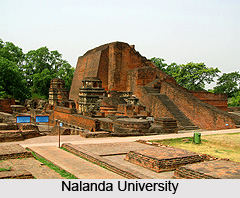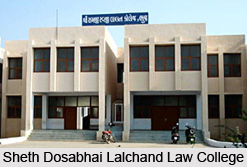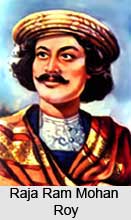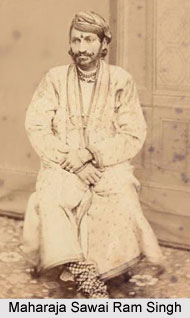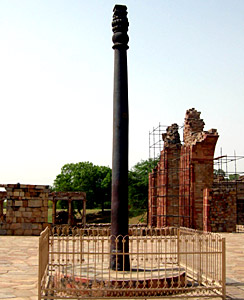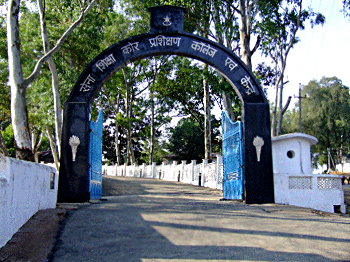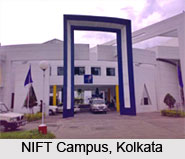 National Institute of Fashion Technology (NIFT) is an institution of design, management and technology for the international fashion business. It counts among the coveted list of an Institute of National Importance by the Parliament of India. It has various centers spread across India as well as abroad. Some of the well known NIFT alumni are Prabal Gurung, Ritu Beri, Manish Arora, Rajesh Pratap Singh, Sakshi Pradhan, J.J. Valaya, and Sabyasachi Mukherjee to name a few.
National Institute of Fashion Technology (NIFT) is an institution of design, management and technology for the international fashion business. It counts among the coveted list of an Institute of National Importance by the Parliament of India. It has various centers spread across India as well as abroad. Some of the well known NIFT alumni are Prabal Gurung, Ritu Beri, Manish Arora, Rajesh Pratap Singh, Sakshi Pradhan, J.J. Valaya, and Sabyasachi Mukherjee to name a few.
History of National Institute of Fashion Technology
It was established in 1986 under the patronage of the Ministry of Textiles, Government of India. In 2006, the Parliament passed the National Institute of Fashion Technology (NIFT) Bill, 2006 under which the institute is capable of granting its own degrees and other academic distinctions.
Centers of National Institute of Fashion Technology
The head office of NIFT is situated in New Delhi. It comprises of 34 fashion schools worldwide. It has centers in various parts of India like Mumbai, Kolkata, Kangra, Gandhinagar, Hyderabad, Chennai, Bangalore, Raebareli, Patna, Shillong, Bhopal, Kannur, Bhubaneswar and Jodhpur.
 The institute offers four-year bachelor and two-year master programmes in the areas of Design, Management and Technology. According to latest surveys rank NIFT Delhi, Bengaluru and Gandhinagar as the top 3 centers in terms of education and placement.
The institute offers four-year bachelor and two-year master programmes in the areas of Design, Management and Technology. According to latest surveys rank NIFT Delhi, Bengaluru and Gandhinagar as the top 3 centers in terms of education and placement.
Courses Offered by National Institute of Fashion Technology
NIFT offers both full time Graduate level and the Post Graduate level courses. It has recently launched its PhD program. Various departments of the institute are Apparel Production, Accessory Design, Fashion Design, Fashion Communication, Knitwear Design, Textile Design, and Leather Design.
Apparel Production trains students in the core garment manufacturing technology, with emphasis on apparel production and information technology. The mission of Fashion design department is to create a global identity in design. It works closely with fashion professionals in order to evolve a unique fashion identity universally relevant and acceptable, for a global audience. The department of Fashion Communication prepares student for professional work in Photography, Graphic Design, Visual Merchandising, Fashion Journalism, Advertising, Retail Management and Event Management. The department of Knitwear Design is structured with a view of fulfilling the requirements of the knitwear industry. Textile design forms the core of the whole business of fashion. The department of Textile Design trains students to create designs for woven, knitted or printed fabrics. Leather Design department offers advanced study in Leather garments, goods & accessories, footwear and lifestyle accessories.
The Post Graduate level courses include Master of Design, Master of Fashion Management and Master of Fashion Technology. The Master of Design is a research centric multidisciplinary design program which enables students to choose design specializations in Fashion, Textiles and Communication Design. Master of Fashion Management is structured to help students develop managerial skills in the field of Fashion Advertising, Communication, Marketing, Retailing and Merchandising. Master of Fashion Technology is designed to develop managerial skills in the field of Fashion Technology, Production Management and Merchandising.
